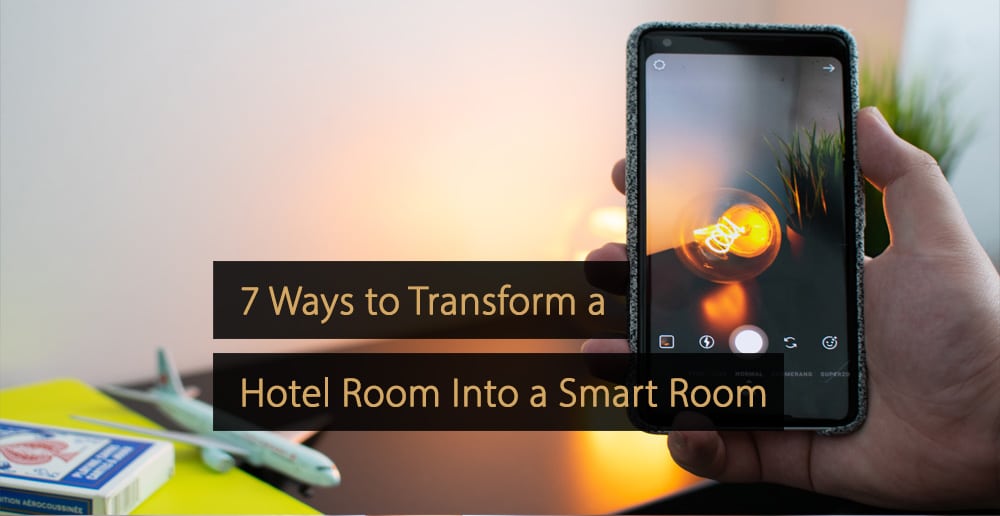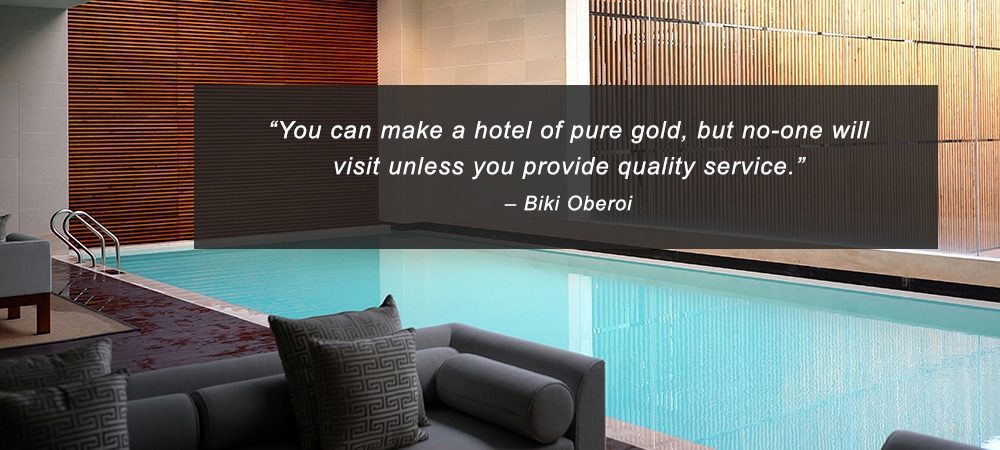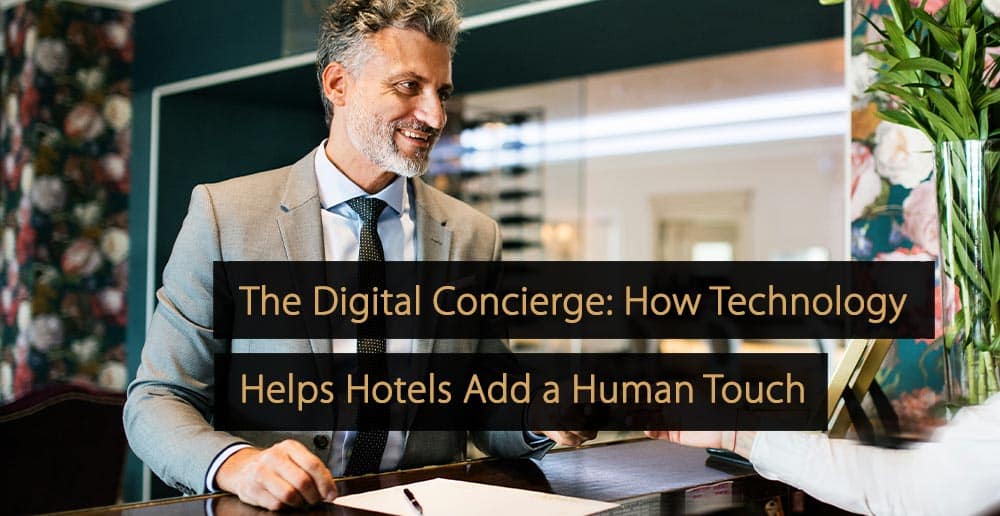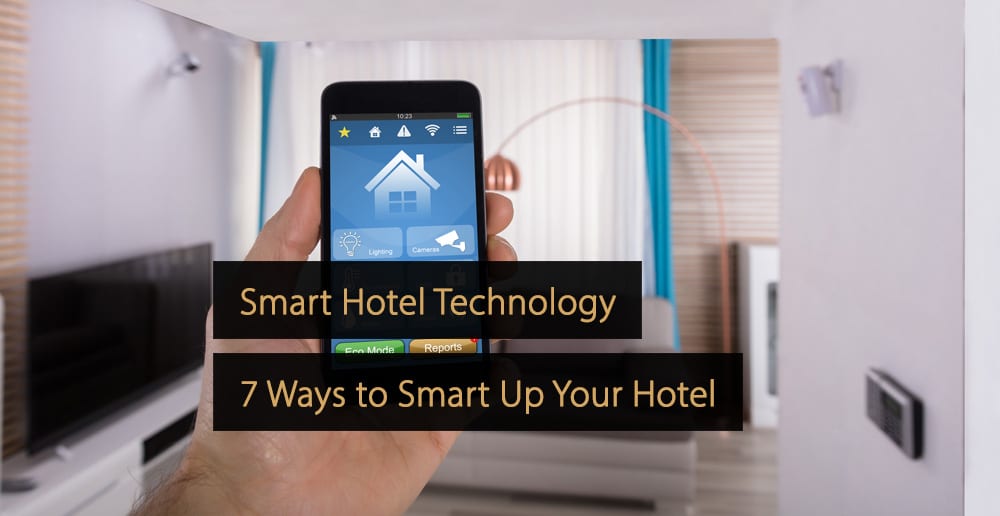The smart hotel room concept is one of the most important technology trends emerging within the hospitality industry today. Indeed, the idea of a smart hotel is attractive to customers for a variety of reasons, including greater convenience and personalization. However, while many owners are willing to embrace the idea, many are unsure of how to implement smart room technology. To help out, this article offers seven ways to transform a hotel room into a smart room.
Table of Contents:
- What Is a Smart Room?
- Why Are Smart Hotel Rooms Becoming Important?
- 7 Ways to Transform Hotel Rooms Into Smart Rooms?
- Smart Hotel Room; What Are the Benefits for Hotel Owners and Guests
What Is a Smart Room?
First, let’s establish what we mean by a ‘smart hotel room.’ Essentially, this refers to a room that uses the Internet of Things, fitting everyday devices with Internet connectivity. As a result, several devices and objects in the room can send and receive digital information.
Devices fitted with this capability are often referred to as ‘smart’ devices, and their benefits are numerous. Concepts often associated with smart room technology include voice control, automation, energy efficiency, and improved responsiveness. In-room technology may also be able to interact with guests’ personal smartphones.
Why Are Smart Hotel Rooms Becoming Important?
Smart hotel technology is becoming a more important concept because it can significantly enhance the customer experience. For example, smart room controls can allow guests to get their room exactly how they want it, in terms of temperature, lighting, and air conditioning, without manually adjusting individual devices.
Similarly, a smart hotel might offer entertainment devices that can be controlled through voice commands or allow for things like room service to be ordered without speaking to another human being. These things all add to the overall convenience associated with staying in a hotel, which can improve a guest’s perception of their stay, make it more memorable, and make it more likely that they will return in the future.
Additionally, because smart hotel rooms still have a novelty factor, they can improve demand, ultimately allowing hotels to increase room rates and optimize the revenue they generate from guests. At the same time, while the conversion process is likely to require substantial investment, smart hotel rooms can save hotels money.
7 Ways to Transform Hotel Rooms Into Smart Rooms?
Below are seven ways hoteliers can transform their hotel rooms into smart rooms.
1. Smart Room Controls
One of the most common ways hotels are made into smart rooms is by adding personalized room controls. For example, IoT technology means a room’s lights, heating, air conditioning, and even curtains can be controlled from a centralized location, such as a smartphone, smart speaker, smart hub, or tablet.
Brands like Hilton have already rolled out these smart hotel solutions, allowing guests to control their rooms’ thermostats through their smartphones. Other hotels have gone further, allowing guests to set desired conditions within their rooms via their phones, with the devices automatically regulating the room accordingly. Meanwhile, voice-controlled lighting is also becoming more widespread, thanks to devices like Amazon Echo.
Table: Examples of Smart Room Controls in Hotels
2. Voice-Controlled Entertainment
Smart speakers and hubs can also be connected to entertainment devices in a smart hotel room, allowing these devices to be controlled through voice recognition. This can enable guests to issue basic voice commands to turn the television on or off from anywhere in the room or to change the channel.
However, hotels can go further with this concept. According to the Voice And Speech Recognition Market Report by Grand View Research, the global voice recognition market is projected to grow at a CAGR of 14.9% until 2030. Hotels can empower users to issue more complex commands, such as playing personal music playlists through smart speakers or ordering pay-per-view films through voice control. Ultimately, this adds up to a more convenient experience, as devices can be used from anywhere in the room.
3. Faster Guest Services
A key benefit of the Internet of Things within a smart hotel is the ability to connect devices to hotel services. Crucially, these services may range from traditional guest services, like room service food or drink orders, to booking a massage session or an exercise class in the hotel gym.
A smart hotel room might contain a voice-activated smart hub or even provide guests with access to an app through the television or tablet. This can allow customers to order room service by clicking on a touch screen or to book spa sessions through simple voice commands given to the smart hub.
4. Sustainable Hotel Rooms
Customers are increasingly concerned with concepts like sustainability, and many are willing to spend more on eco-friendly brands. According to a Booking.com Survey, 80% of travelers find sustainable practices important. Meanwhile, hotel management should also be concerned with sustainability because opportunities to save money on energy costs mean opportunities to improve overall business results.
IoT technology can help with this through automated energy saving. Imagine, for instance, that a room automatically detects the level of light in a room and then seamlessly reduces or increases the brightness of the light bulbs; or that the heating is automatically adjusted based on room temperature to save money.
5. Interactive Maps
One of the most interesting and unique ways that hotel chains have transformed a standard hotel room into a smart one is through interactive wall maps. In fact, internet connectivity provides the option to implement maps that can deliver real-time information, such as restaurant opening times and online reviews.
The Hub Hotel from Premier Inn has taken this concept a step further, blending it with augmented reality technology. By downloading an app and pointing their smartphone at one of the wall maps, guests can see further information about some of the local tourist sites and places of interest, enhancing the map’s core function.
6. Data-Driven Default Choices
One of the challenges linked to smart room technology involves maintaining user privacy and taking the right level of care with data collection. Nevertheless, some user data can be collected and utilized without intruding upon individuals’ privacy, and an example of this is basic device usage information.
To illustrate this point, a hotel might collect data about the most popular radio station listened to through the smart speakers provided. This data-driven, evidence-based decision about which radio station to set as the default option would potentially save future guests time and effort.
7. Personalized Entertainment
Finally, a hotel room can also be transformed into a smart room by providing more personalized entertainment options. This usually involves allowing hotel guests to use their accounts through third-party online services, such as Netflix, Amazon Prime, Spotify, and Apple Music.
Amazon has recently launched its Alexa for Hospitality product, which allows hotels to easily implement smart voice control through a modified version of its Echo speakers. It is planning to integrate entertainment into this, enabling guests to link their own Amazon account to the device and gain access to their audiobooks and music.
What Are the Benefits of Smart Hotel Rooms for Hotel Owners and Guests
The article “Smart Hotel Room: What Are the Benefits for Hotel Owners and Guests” provides more information about how smart hotel systems can benefit both owners and guests.
Video: Example of a smart hotel room
Video: Smart Hotel Room – Las Vegas Hotels Go High Tech
Smart Room FAQs
Ultimately, smart room technology has taken off due to its dual ability to improve the customer experience and save hotel owners money. The seven methods listed in this article offer some of the best ways hospitality companies can transform their standard hotel rooms into smart rooms in the year ahead.
Did You Like This Article About Smart Room?
You might also be interested in the following articles:
- Hot Digital Trends in the Hotel Industry
- Front Office Technology: The Latest Tech for the Reception
- Hotel Door Locks: The Main Lock System Types and Their Benefits
- Hotel Robots: An Overview of Different Robots Used in Hotels
- Mobile Check-In App for Hotels: What Are The Benefits?
More Tips to Grow Your Business
Revfine.com is the leading knowledge platform for the hospitality and travel industry. Professionals use our insights, strategies, and actionable tips to get inspired, optimize revenue, innovate processes, and improve customer experience.Explore expert advice on management, marketing, revenue management, operations, software, and technology in our dedicated Hotel, Hospitality, and Travel & Tourism categories.
This article is written by:
Hi, I am Martijn Barten, founder of Revfine.com. With 20 years of experience in the hospitality industry, I specialize in optimizing revenue by combining revenue management with marketing strategies. I have successfully developed, implemented, and managed revenue management and marketing strategies for individual properties and multi-property portfolios.










Leave A Comment